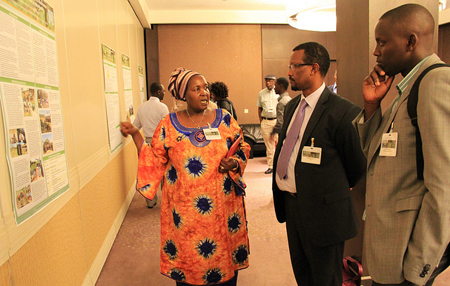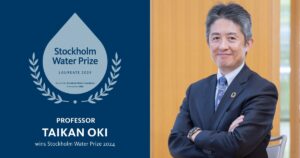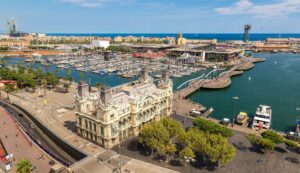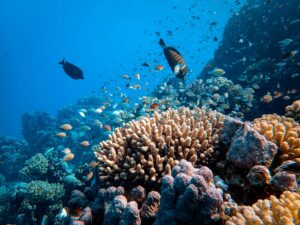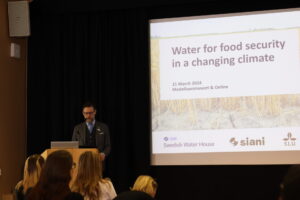A job for the brave – Summit on water integrity held in Lusaka
Water sector stakeholders from Western, Southern and Eastern Africa gathered in Lusaka, Zambia on April 29-30 to discuss how to promote water integrity in the region. The participants' recommendations were turned into a Summit Statement handed over to Hon. Bai-Mass Taal, Executive Secretary of AMCOW (African Ministers' Council on Water) that was taken further at their General Assembly and at Africa Water Week in Dakar, Senegal end of May.
The Lusaka Statement summarises the content and outcomes of the Summit, with the main highlights as follows:
-
Integrity is a core element of good water governance. There is no sustainability without integrity.
-
The Summit showcased initiatives that produced visible benefits in communities and countries, sometimes in the face of strong resistance. The conference calls on political leaders to commit to water integrity as a tool that has already proven its merit in practice.
-
Participation of informed stakeholders and a strong civil society were identified as key driving forces for change towards integrity in Africa.
-
Further investments are needed to close the capacity gap in the region. Institutional capacities in particular pose a critical bottleneck for the development, implementation and enforcement of effective policies.
The Summit was the first occasion where water integrity ambassadors from 22 countries in Africa met to exchange case examples and good practices, and is the culmination of a sub-Saharan capacity building programme that has trained more than 400 stakeholders in water integrity over the last 3 years.
The Summit proved that water integrity is for the brave. The close to 100 water integrity ambassadors that took part in the two-day summit represented the alumni of the programme, water sector stakeholders, media, water users associations, advocacy organisations, and agents from the donor community. They all testified that uncovering corrupt activities and promoting integrity, accountability and transparency is challenging and can at times be met with strong resistance. But by sharing insights, participants learned from each other and felt empowered to continue pushing for water integrity in their respective regions.
The Lusaka Statement was further discussed at the Africa Water Week and AMCOW’s General Assembly, both held in Dakar, Senegal in May 2014. During their General Assembly, AMCOW recognised that the Lusaka Water Integrity Summit contributed to building political ownership for water integrity practice, assessing the gaps and developing a way forward for further enhancing water integrity in the water sector. The AMCOW General Assembly statement calls to hereafter include water integrity in all their events, the 7th World Water Forum, as well as in the consultations on the post-2015 development agenda.
Resources
- PDF files:
– Lusaka Statement (ENG)
– Communiqué de Lusaka (FRA)
– Case Studies Handbook - Photos: Water Integrity Summit Flickr
- Twitter hashtag: #waterintegritysummit
- Read more on the Summit webpage: www.watergovernance.org/integrity/summit
